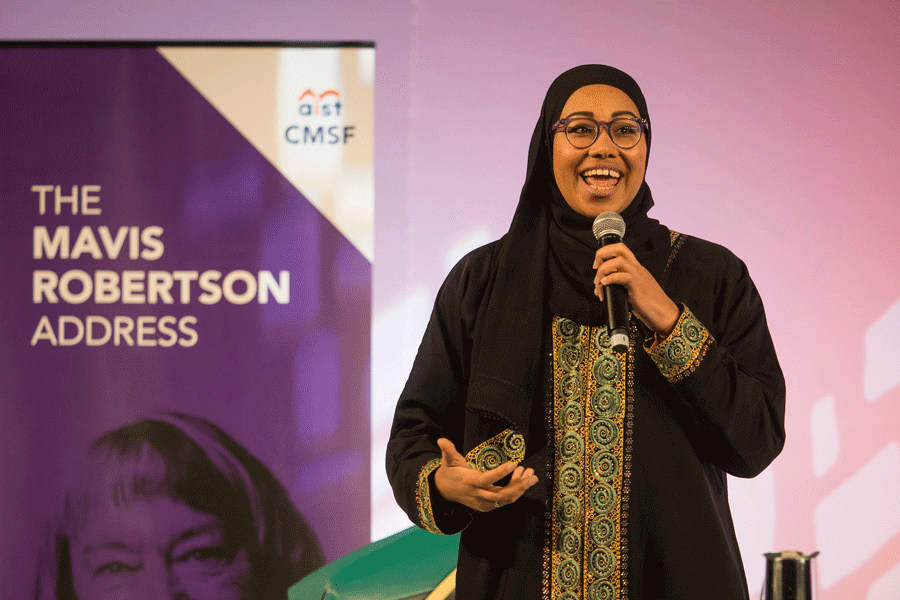It’s been a couple of days since Binyavanga Wainaina passed. Binyavanga was a Kenyan writer and journalist who wrote widely, including one famous essay I thought it was worth revisiting. It’s titled ‘How to Write About Africa'.
Always use the word ‘Africa’ or ‘Darkness’ or ‘Safari’ in your title. Subtitles may include the words ‘Zanzibar’, ‘Masai’, ‘Zulu’, ‘Zambezi’, ‘Congo’, ‘Nile’, ‘Big’, ‘Sky’, ‘Shadow’, ‘Drum’, ‘Sun’ or ‘Bygone’. Also useful are words such as ‘Guerrillas’, ‘Timeless’, ‘Primordial’ and ‘Tribal’. Note that ‘People’ means Africans who are not black, while ‘The People’ means black Africans.
Never have a picture of a well-adjusted African on the cover of your book, or in it, unless that African has won the Nobel Prize. An AK-47, prominent ribs, naked breasts: use these. If you must include an African, make sure you get one in Masai or Zulu or Dogon dress.
On it goes. It’s brilliant, but sad, as you realise the sardonic tone is often missed by the majority of writers outside the continent. Rather, they take Wainaina’s words as instructions. Quartz has shared a lovely obituary here.
Re-reading the piece was timely, as I’m speaking about the ethics of writing at How The Light Gets In festival sharing the stage with another legend, Minna Salami. To my shame, I hadn’t come across Minna’s work before, but her blog, Ms Afropolitan, ‘connects feminism with critical reflections on contemporary culture from an Africa-centred perspective’ in a wonderfully fresh way. In the interests of sharing different voices, here is a recent piece I enjoyed from the site: What is the role of family?
…in modern society, we oscillate between contradictory ideas about family as a place of comfort and an institution of tradition and dogma, where repressive and outmoded views are upheld.
Additionally, people who grew up in countries that were colonised by the West must grapple with the intersection between typical Western ideas of family and their traditional ones. Growing up in Lagos, Nigeria, I witnessed how the polygamous family and the Western nuclear family were entangled in ways that, at times, made them more vibrant, but also compromised women.
Going back to the question of the ethics of writing. It has been termed as ‘cultural appropriation’ in the program but that term is so ill-defined I find it unhelpful. Conversations like these mildly interesting, but often miss the point. Why do we even have a conversation about who can write what? In a truly equal society, where no group was deemed supreme, then there wouldn’t be a problem. However, we don’t live in that world - we live in one with structural inequalities, ethnocentric supremacy and ‘epistemic injustice’. In writing, this last term is quite relevant: it refers to the idea that there is injustice and inequality in who gets to ‘know’ things in society, and whose knowledge is respected, deemed worthy of listening to, deemed true. Is a young black man’s testimony of a crime worth the same as a senior, white male engineer? If a young woman accuses a powerful man of sexual assault, is she believed? If an indigenous grandmother speaks of an injustice on her land, is that given the same weight as that of a farmer named Bryon? We might not legislate the differences in how these testimonials or ‘knowledge’ is treated, but society reflects deeper inequalities in this way at every level. I can tell you that my grandmother fasted on Monday and Thursday every day for years and that the Islamic tradition encourages this as good for your health, but the moment that same intermittent fasting regime is published in English, it becomes a down-right phenomenon.
So, in a world with such injustice, how can we say that we can write without an acknowledgement of the responsibility that accompanies that creation?
The thought led me to Orwell’s essay, ‘Why I write’.
All writers are vain, selfish, and lazy, and at the very bottom of their motives there lies a mystery. Writing a book is a horrible, exhausting struggle, like a long bout of some painful illness. One would never undertake such a thing if one were not driven on by some demon whom one can neither resist nor understand. For all one knows that demon is simply the same instinct that makes a baby squall for attention. And yet it is also true that one can write nothing readable unless one constantly struggles to efface one's own personality. Good prose is like a windowpane. I cannot say with certainty which of my motives are the strongest, but I know which of them deserve to be followed. And looking back through my work, I see that it is invariably where I lacked a political purpose that I wrote lifeless books..
Sigh…









